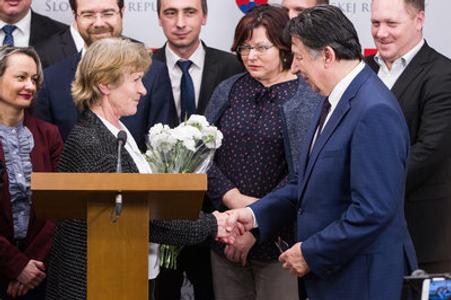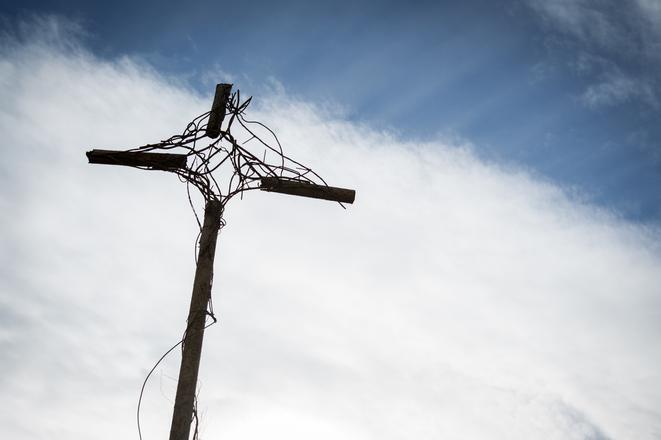The repeal of the infamous Mećiar amnesties now looks inevitable, and it is cause for satisfaction even if what comes next ends up being a little less satisfying. In this way the Watergate scandal from the 1970s United States is a useful example.
No doubt the fact that Vladimír Mečiar and his allies no longer hold significant political power — and thus the ability to compel people to keep the amnesty in place — played a major role. This made them easy to sacrifice as a symbol of anti-corruption measures. Still, it was public pressure — along with the release of the Únos movie — that has made this happen now. In other words, it became more politically damaging for the government not to act than it was to remove the amnesty.

At this point it is still hard to say whether anybody will actually go to jail for kidnapping Michal Kováč Jr or murdering Róbert Remiáš, but it is possible to say that top Slovak political leaders can no longer assume they can do whatever they want and then figure out a way to avoid trouble and cover their tracks afterward. For now, revoking the amnesty remains largely symbolic but symbols do matter.
Back in the 1970s US President Richard Nixon, among other things, ordered a gang of thugs to break into the political opposition’s headquarters and then used the state security services to help cover it up. As the American public became more and aware of things Mr Nixon had done it became impossible for even his own Republican party to ignore. As was the case with the Mečiar amnesties, doing nothing became the worst possible option.
The pressure grew to the point that Mr. Nixon resigned before he was forced from office. But Mr Nixon did not ever face formal punishment as one of the first acts of his successor Gerald Ford was to pardon him. This made the results somewhat contradictory, and not fully satisfying. Forcing Mr. Nixon to resign was a sign the system worked, even as the fact that he never went to jail seemed to signal that it did not. One result was clear, however: Being president of the United States could no longer be assumed to mean doing whatever you wanted regardless of the law.
In the years since Watergate, American presidents have sought to redefine laws or push the limits of what the law allows (perhaps no one more than the current resident of the White House). However, none has done so without the knowledge (or fear) that they could eventually be held legally responsible for their actions. Even if Mr Mečiar himself never faces jail time, from now on Slovak prime ministers will know they can.


